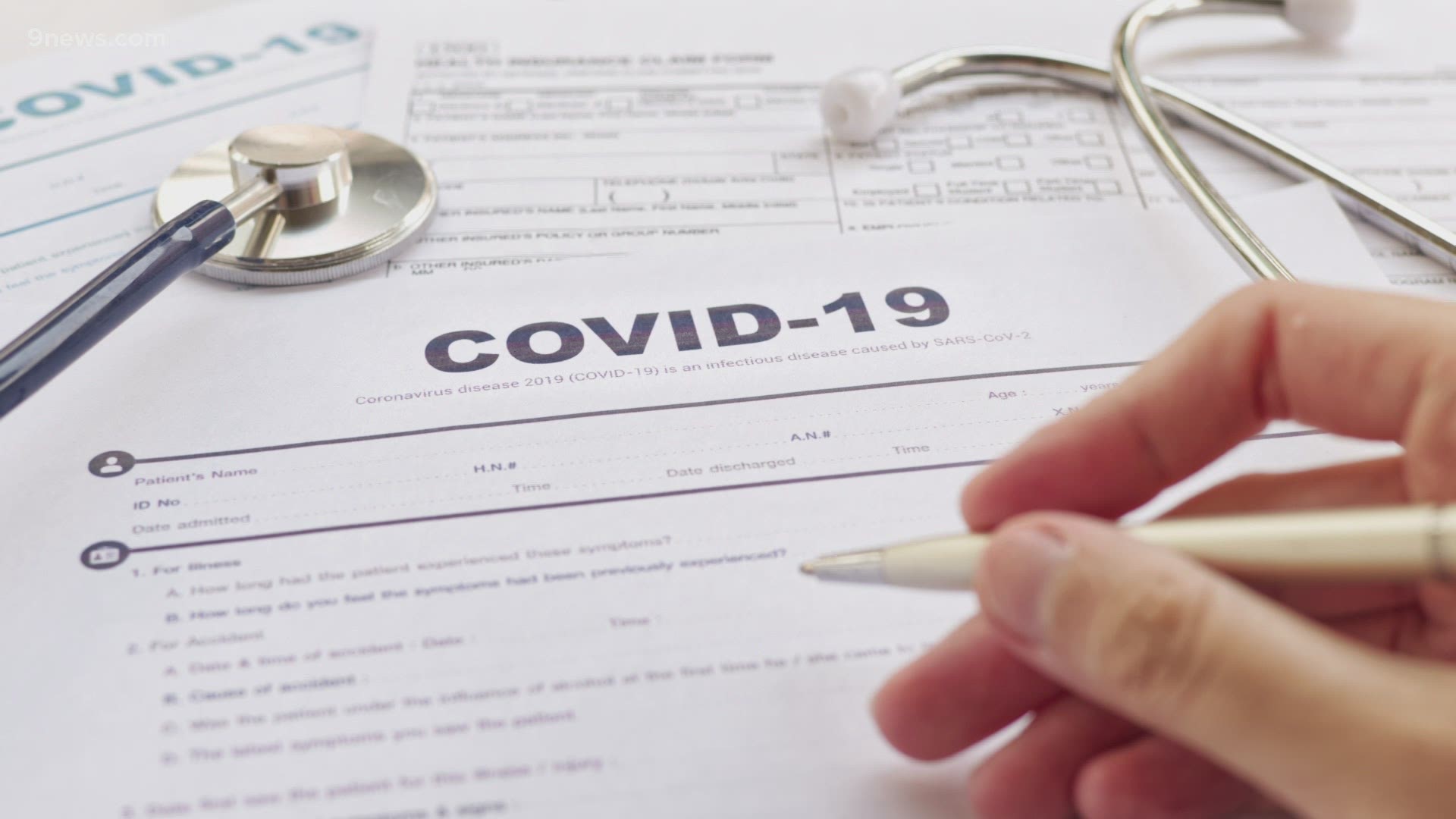BOULDER, Colo. — According to the National Weather Service heat killed more Americans in 2018 than floods, hurricanes, tornadoes, and lightning. The statistics for 2019 are not yet available. The Centers for Disease Control and Prevention (CDC) shows that more than 650 people die of heat-related illnesses every year in the U.S.
“We’ve already seen five of the warmest years on record that have occurred in the past five years," said Olga Wilhelmi, a research scientist with the National Center for Atmospheric Research (NCAR) in Boulder. "And it looks like 2020 is also going to be one of the potentially record-breaking years in terms of extreme heat.”
She said the dangers of extreme heat are increasing with climate change, and now they may get compounded by the COVID-19 pandemic.
“People that are vulnerable to extreme heat, we see a lot of very similar vulnerable people who may be affected by COVID-19,” said Wilhelmi.
She said the elderly and people with preexisting health conditions are most vulnerable to both the heat and the virus.
Wilhelmi said she's concerned that some of the methods of protecting people from coronavirus transmission, contradict the methods of protecting them from extreme heat.
Especially for those who do not have air conditioning at home.
“During normal years, usually public health officials advise people to leave their homes and go to a cool air-conditioned place. It could be an officially designated cooling center, it could be a public library, a mall, or a movie theater. Somewhere that people can get relief from the heat,” she said.
Wilhelmi is assembling a team of researches from NCAR, the University of Colorado, Colorado Springs; and Utah State University, to start up a new national-wide study to identify the ways COVID-19 is impacting how people are keeping safe from extreme heat.
They plan to conduct three waves of surveys this summer, querying a total of 3,000 residents. The surveys will consist of questions about COVID-19 and extreme heat, including self-reported symptoms and potential household coping mechanisms. The surveys will also ask about perceptions of the risks from both the pandemic and heat waves and the effectiveness of taking protective actions against them.
The team hopes to identify specific correlations between the pandemic and its impact on heat safety.
Wilhelmi said the COVID-19 pandemic has left many Americans jobless, or working less hours and they might elect to not run air conditioning to save money. And she fears that people may not seek medical attention if they are suffering heat-related symptoms because they believe clinics increase their chances of contracting the coronavirus.
“We can help to communicate the risks and threats to the population in much more effective ways,” she said.
This research project is being funded by a special COVID-19 rapid response grant from the National Science Foundation and is set to begin in July.
SUGGESTED VIDEOS: Local stories from 9NEWS

